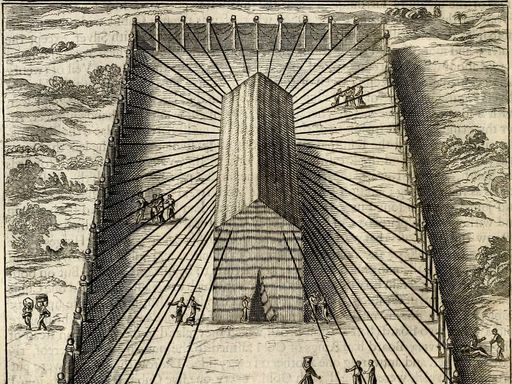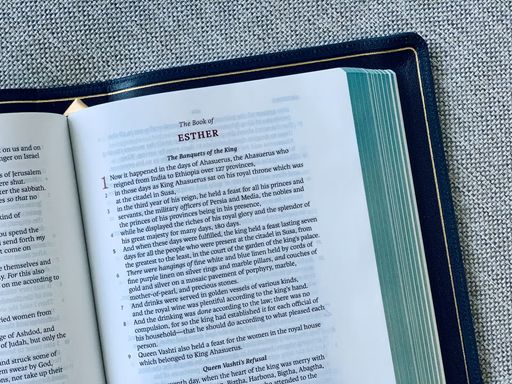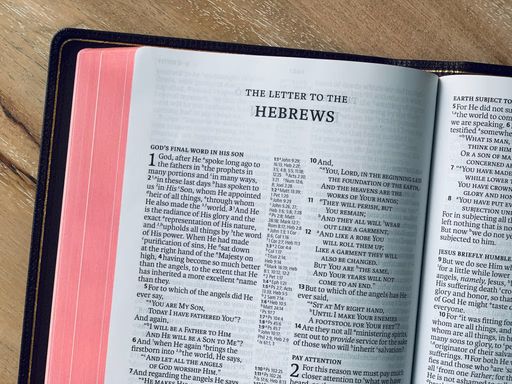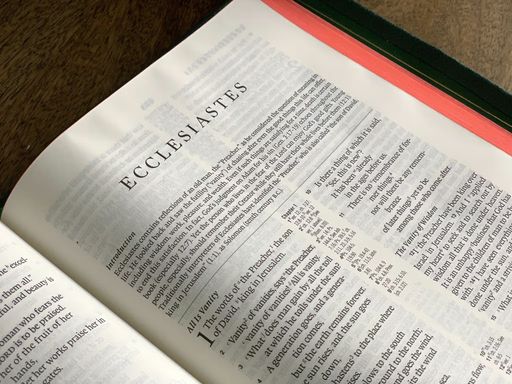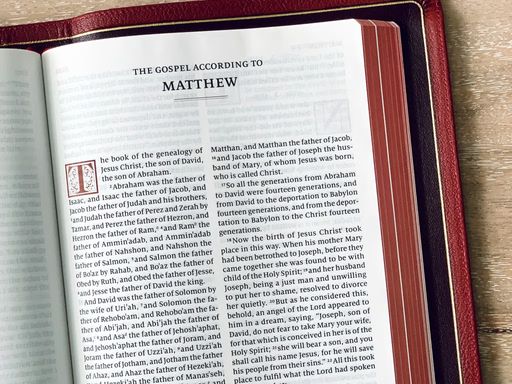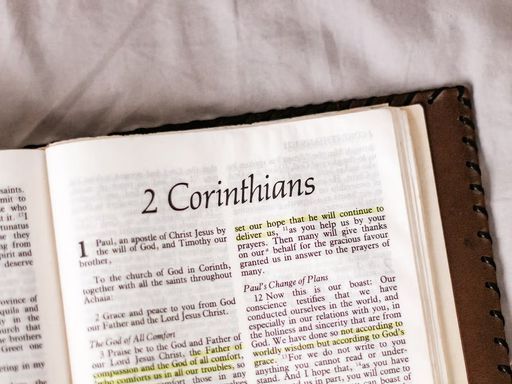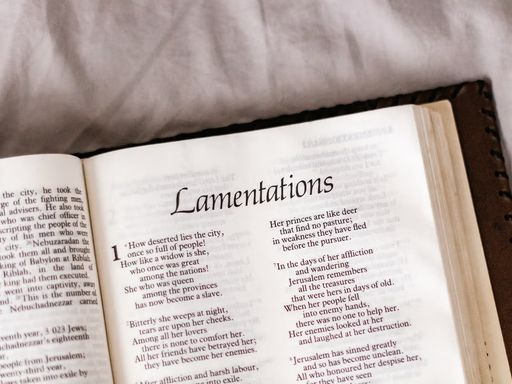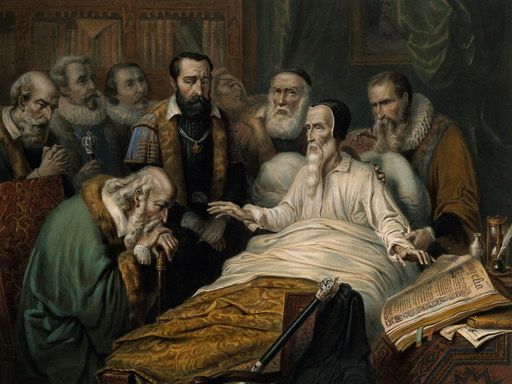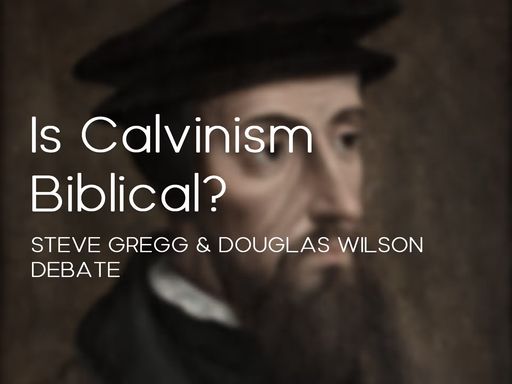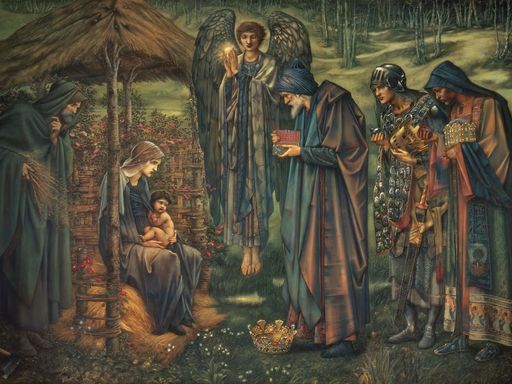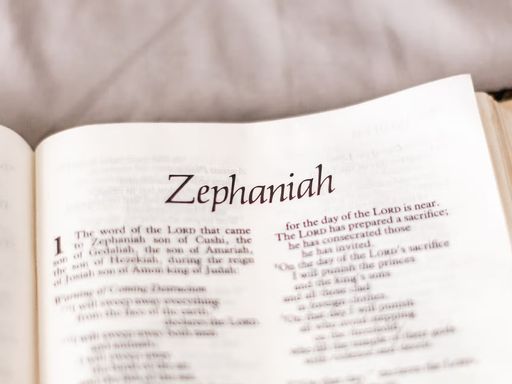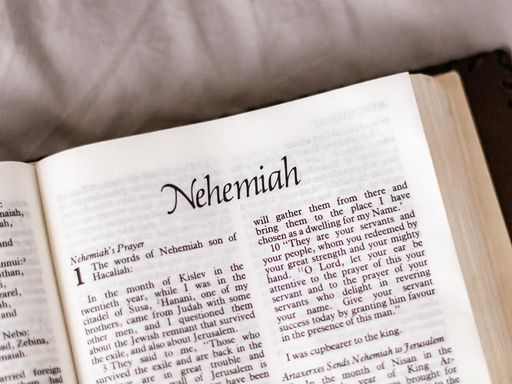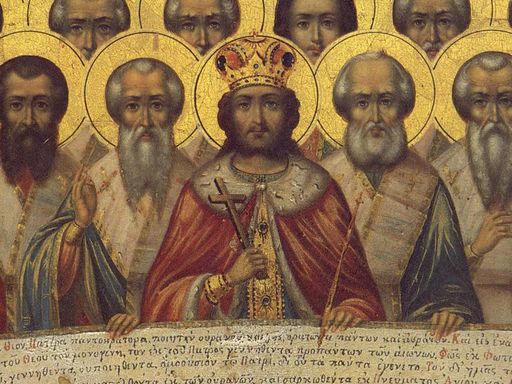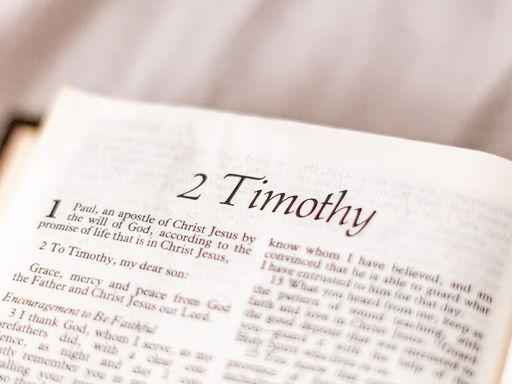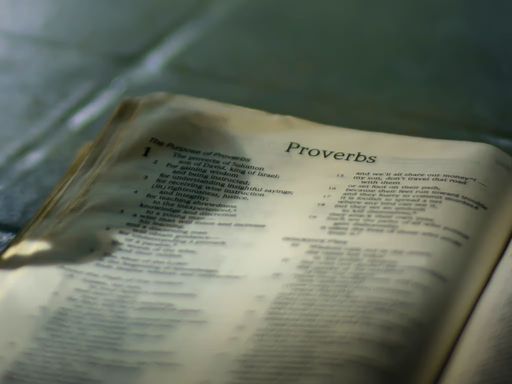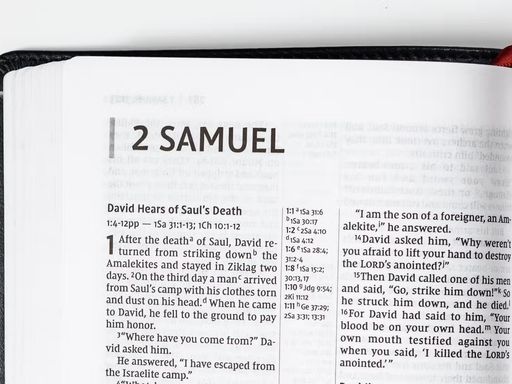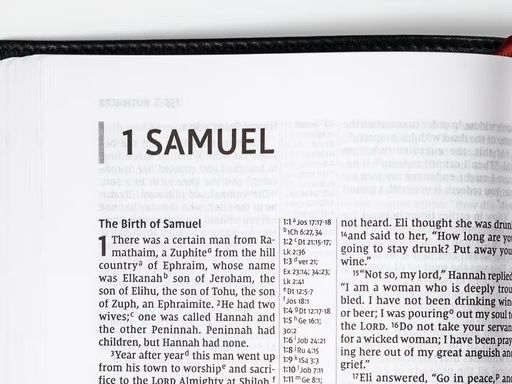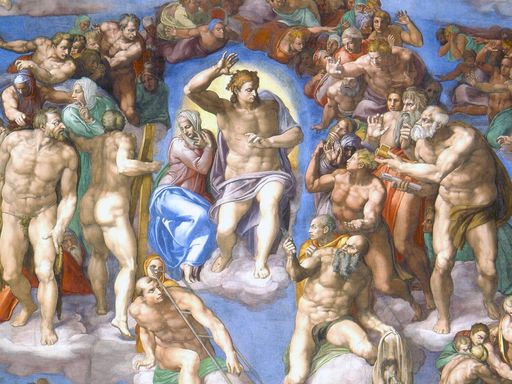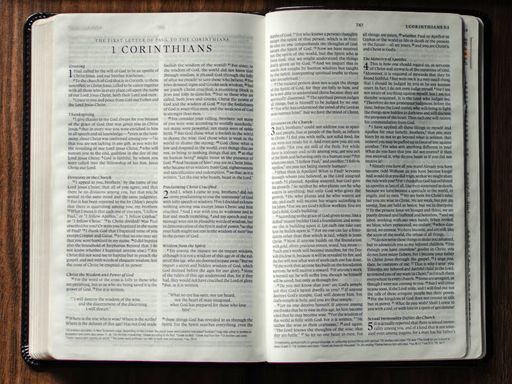
Leviticus
Steve Gregg
In this 12-part series, Steve Gregg provides insightful analysis of the book of Leviticus, exploring its various laws and regulations and offering spiritual significance and lessons for believers today on topics such as purity, sacrifices, and the feasts and festivals of the Lord.
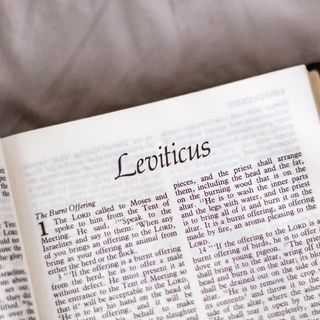
Leviticus Introduction
Leviticus may seem tedious and irrelevant, but Steve Gregg highlights the importance of understanding God's character and the significance of the laws given in this book. While the book addresses the priesthood, it also addresses the people and their conduct. The concept of holiness and cleanliness

Leviticus 1 - 7 (Part 1)
Steve Gregg delves into the spiritual significance and lessons we can learn from the first seven chapters of Leviticus. He explains the different types of sacrifices, such as the burnt offering and sin offering, and their symbolism in the removal of guilt for sins committed. The consecration of offe

Leviticus 1 - 7 (Part 2)
The acceptability of sacrifices according to the Jewish Law is determined by the character, intentions, and relationship with God of the person offering them, rather than just fulfilling religious obligations. While sacrifices were at the center of Israel's worship life, spiritual leaders realized t

Leviticus 8 - 10
This session delves into the consecration of Aaron and his sons as priests, following the five different kinds of offerings previously discussed. The importance of cleansing the mind, thoughts, actions, and walk for a priest to be accepted by God is emphasized, highlighting the role of Jesus in this

Leviticus 11 - 12
Leviticus 11-12 provides guidelines for worship and cleanliness, including laws related to uncleanness and certain circumstances where a person cannot enter the tabernacle. The chapter also discusses unclean foods and creatures, reminding listeners that every creature God created is good and nothing

Leviticus 13 - 15
In this discussion, Steve Gregg provides an insightful analysis of Leviticus 13-15, which contains laws regarding leprosy and bodily discharges. He clarifies that while leprosy symbolizes sin, it is not limited to its current definition and may include a range of meanings based on its usage back the

Leviticus 16 - 17
Leviticus 16-17 is a discussion led by Steve Gregg on the law concerning Day of Atonement, which is not about going to heaven but rather the earthly purposes of God's people. The holy place referred to in the text is not the sanctuary where the priest entered daily, but the Holy of Holies where the

Leviticus 18 - 20
Leviticus 18-20 lists various sins that are forbidden and attaches penalties for them. The section reiterates the importance of being holy, as Yahweh is holy. The concept of uncovering one's nakedness is discussed, and it is deemed wrong to have sexual relations outside of marriage or to marry someo

Leviticus 21 - 22
Leviticus 21-22 emphasizes the importance of the purity and sanctity of priests in approaching God, including rules on avoiding contact with dead bodies, prohibitions on prostitution and restrictions on marriage partners. These regulations extended to sacrifices and vows made to God, which had to be

Leviticus 23
Leviticus 23 describes the yearly feasts and festivals of the Lord that happen annually in the tabernacle in Jerusalem. These celebrations were timed to specific times and were marked by singing, dancing, eating together, and laughing. The feasts give us different pictures of the whole age of Christ

Leviticus 24 - 25
Leviticus 24-25 discusses a range of topics, including the presentation of loaves of bread, blasphemy against the name of the Lord, the importance of the Sabbath year and the Jubilee year, land ownership, and the treatment of Jewish and pagan slaves. Steve Gregg provides insights into these matters,

Leviticus 26-27
Leviticus 26-27 contains warnings and promises from God to the Israelites, including curses for disobedience and blessings for obedience. It emphasizes the importance of keeping God's commandments and the consequences of breaking them. The chapter also discusses tithing and vows made to God, outlini


